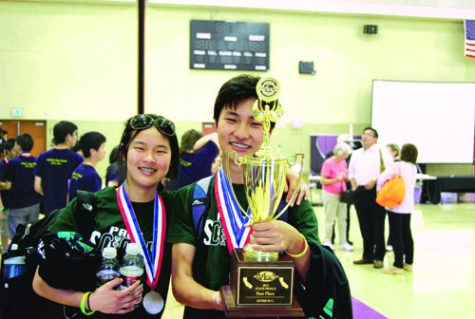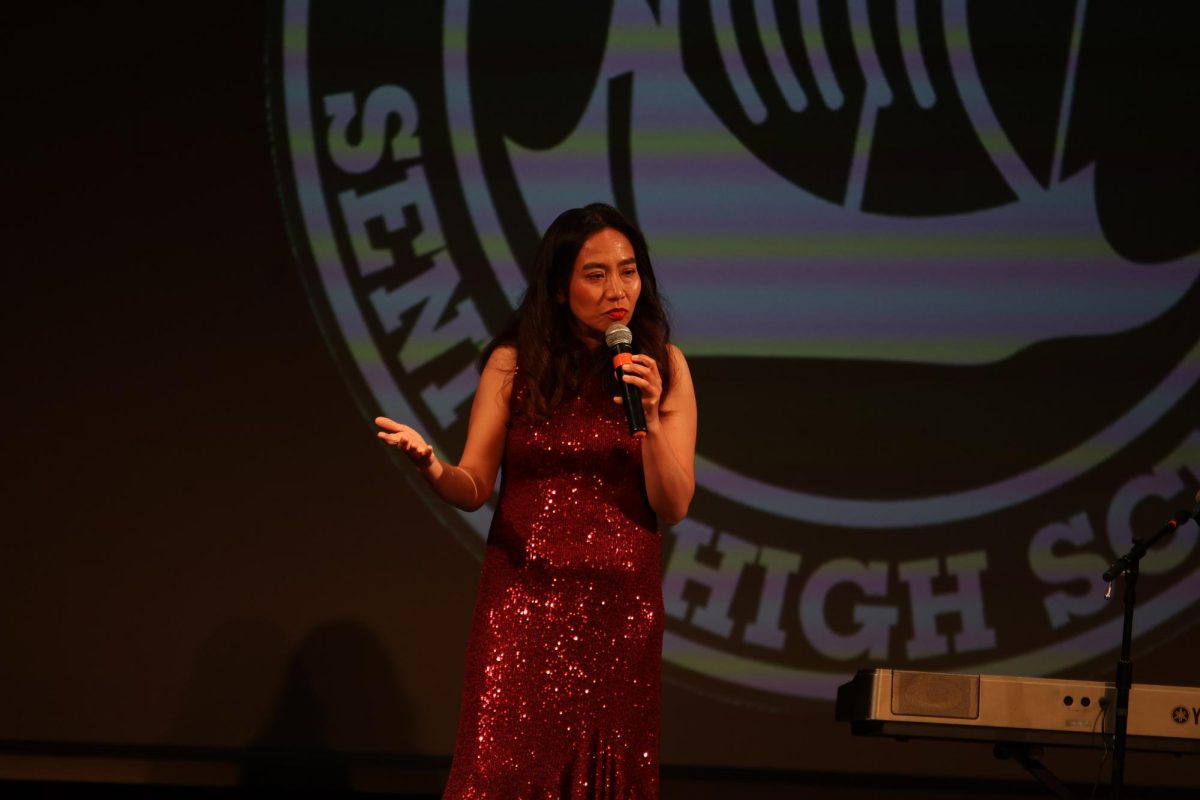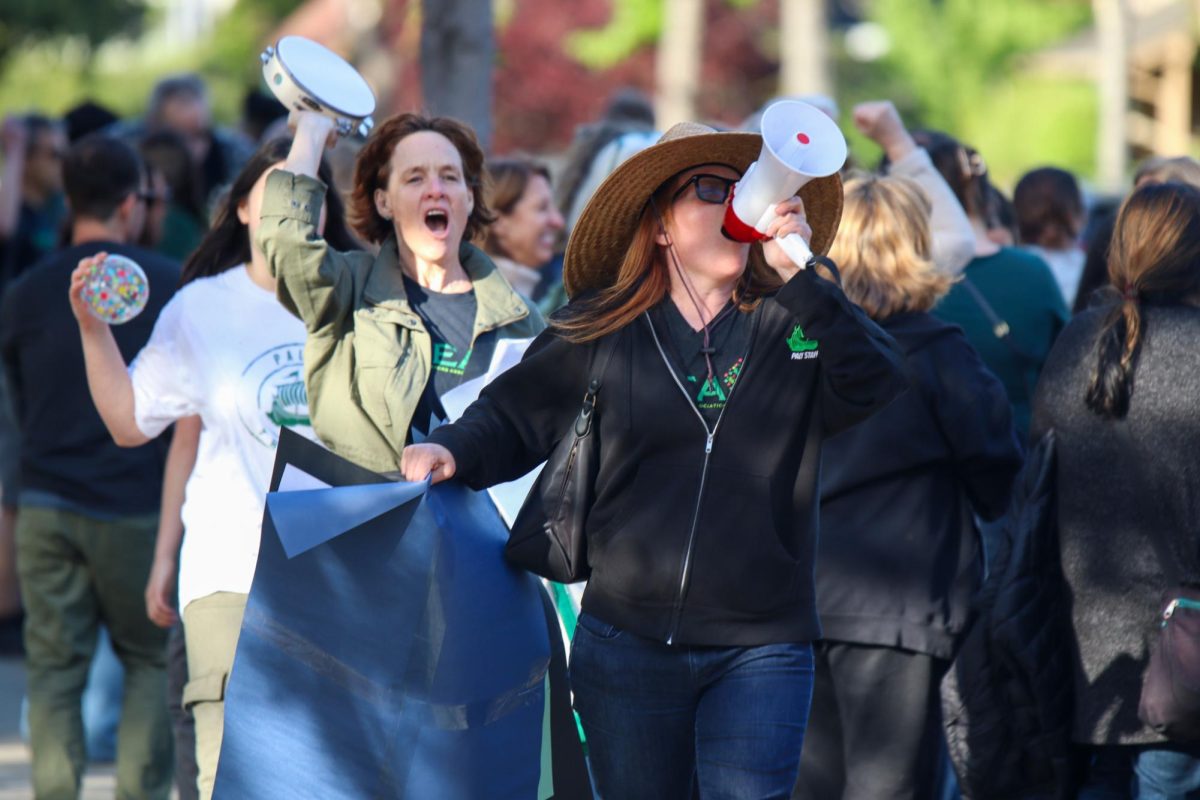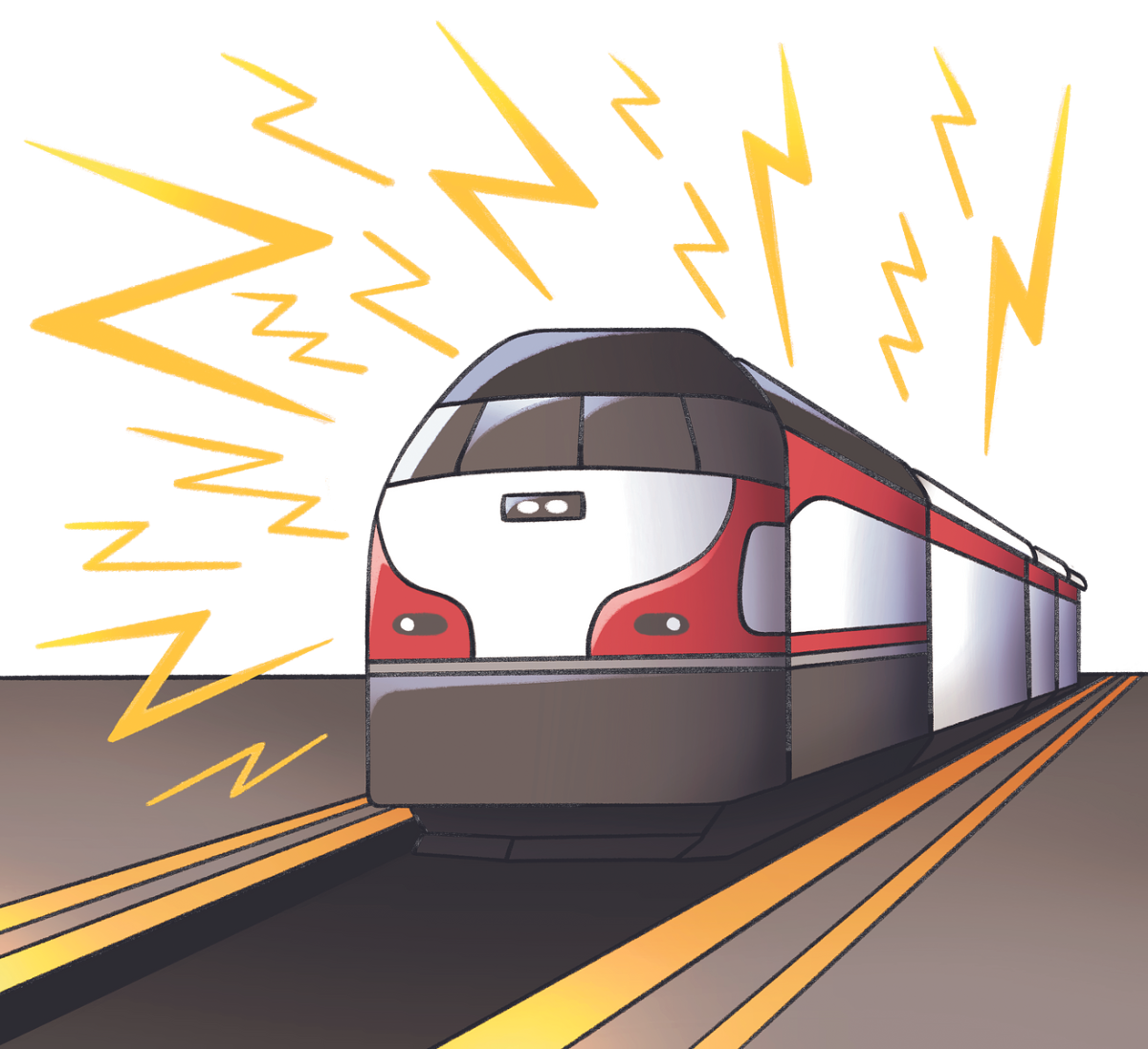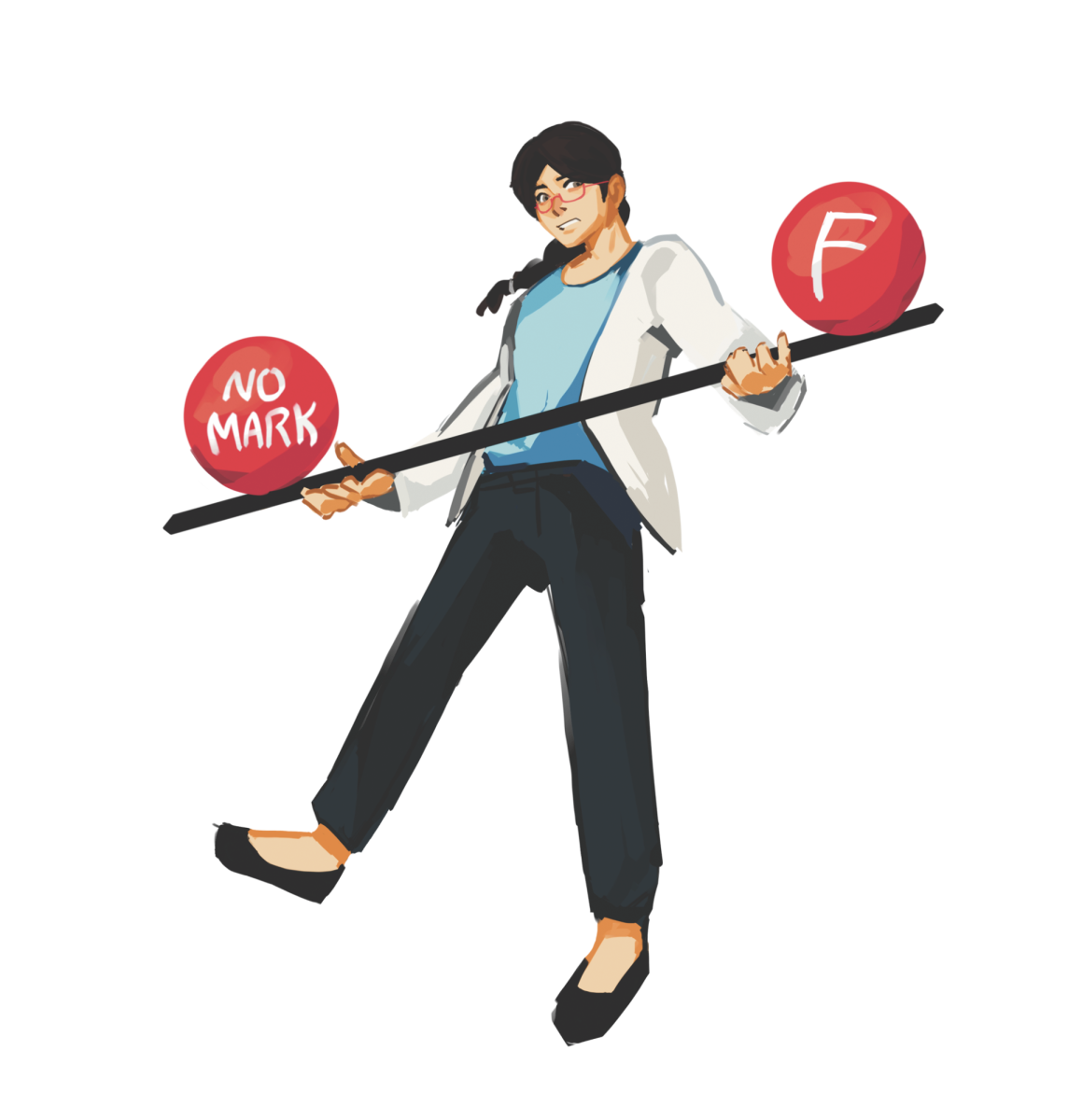Latest Stories
- April 25RISE hosts sexual assault survivor Rowena Chiu to spread awareness about sexual violence
- April 23PAEA teachers, staff rally over impasse with PAUSD at Board of Education meeting
- April 22Team unity, nutrition drive athlete pre-game rituals
- April 18Caltrain noise pollution disrupts classes near tracks
- April 18Teachers Balance No mark
- April 15Pick Your Team
- April 15In a tie for second, Joe Simitian and Evan Low face the prospect of a recount
- April 15Students face logistical issues with new FAFSA
- April 15It’s important to recognize passions, parents, privilege
- April 15Cultural Connections Club hosts Araceli Gómez-Aldan to discuss artificial intelligence

